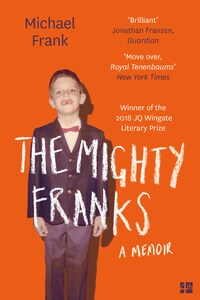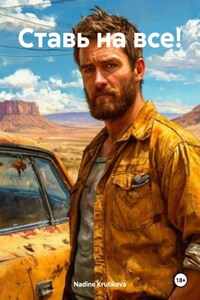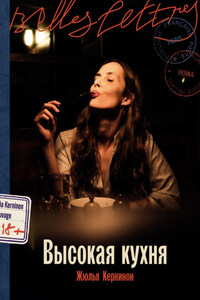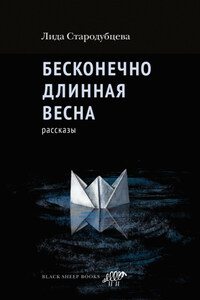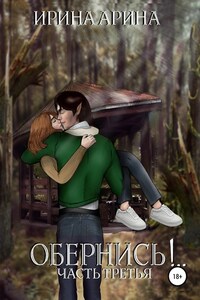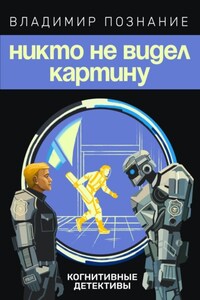4th Estate
An imprint of HarperCollinsPublishers
1 London Bridge Street
London SE1 9GF
www.4thEstate.co.uk
This eBook first published in Great Britain by 4th Estate in 2017
First published in the United States in 2017 by Farrar, Straus and Giroux
Copyright © 2017 by Michael Frank
Cover image shows author aged 6
Designed by Jonathon D. Lippincott
Michael Frank asserts the moral right to be identified as the author of this work
A catalogue record for this book is available from the British Library
Grateful acknowledgment is made for permission to reprint the following material: Excerpt from “Make Your Own Kind of Music.” Words and music by Barry Mann and Cynthia Weil. Copyright © 1968 Screen Gems–EMI Music Inc. Copyright renewed. All rights administered by Sony/ATV Music Publishing LLC, 424 Church Street, Suite 1200, Nashville, Tennessee 37219. International copyright secured. All rights reserved. Reprinted by permission of Hal Leonard LLC.
Excerpt from “Our House.” Words and music by Graham Nash. Copyright © 1970 (renewed) Nash Notes. All rights for Nash Notes controlled and administered by Spirit One Music (BMI). All rights reserved. Used by permission of Alfred Music.
Epigraph to Maxine Kumin’s poem “Looking Back in My Eighty-First year” by Hilma Wolitzer. Courtesy of Hilma Wolitzer.
All rights reserved under International and Pan-American Copyright Conventions. By payment of the required fees, you have been granted the non-exclusive, non-transferable right to access and read the text of this e-book on-screen. No part of this text may be reproduced, transmitted, down-loaded, decompiled, reverse engineered, or stored in or introduced into any information storage and retrieval system, in any form or by any means, whether electronic or mechanical, now known or hereinafter invented, without the express written permission of HarperCollins
Source ISBN: 9780008215224
Ebook Edition © 2018 ISBN: 9780008215217
Version: 2018-04-27
To my parents and (how not?) my aunt
and in memory of my uncle
Omnia mutantur, nihil interit.
(Everything changes, nothing is lost.)
—Ovid, Metamorphoses
“My feeling for Mike is something out of the ordinary,” I overhear my aunt say to my mother one day when I am eight years old. “It’s stronger than I am. I cannot explain it. He’s simply the most marvelous child I have ever known, and I love him beyond life itself.”
Beyond life itself. At first I feel lucky to be so cherished, singled out to receive a love that is so vast … but then I stop to think about it. I am not sure what it means, really, to be loved beyond life itself.
Do I love my own mother that way? Does she me? Is such a thing even possible?
And why me and not my two younger brothers? What do I have that they do not?
“I wish he were mine,” my aunt blurts after a moment.
From where I am crouching on the stairs in the entry hall, I can feel the weather in the room change. A long, tense pause opens up between the two women. I hear them breathing, back and forth, into that pause.
They are sitting at right angles to each other, I know, my aunt on the sofa, my mother in the chair next to it. This is how they always sit in our living room, not face-to-face but perpendicular, so that they don’t have to make eye contact if they don’t want to.
“I wish you had a child of your own,” my mother says carefully. Ever the second fiddle, the third born. The diplomat.
“So do I,” says my aunt in a pitched, emotional voice.
Maybe you would be a different person if you did.
My mother does not say this. She thinks it, though. Everybody in our family does. But that’s not what happened.
This is.
For a long time I used to wait in the dining room window. I waited in the afternoon, when I returned from school, and I waited on Saturday mornings. Now and then I waited at the edge of the driveway, because from there I could see farther up the hill, almost to the top. When the Buick Riviera appeared, its fender flashing a big toothy metallic grin, I felt happiness wash over me; happiness braided together with anticipation and excitement too, since it meant that within minutes my aunt would be pulling up to take me on one of our adventures.
My aunt was the one person in the world I was always most eager to see. Sometimes she came bearing gifts, special books or treasures related to the special interests she and my uncle and I shared: art and architecture, literature, and, since my aunt and uncle were screenwriters, movies (never “film,” that was the celluloid of which movies were made). But what I loved even more than receiving tangible things was going off with her, alone, without my younger brothers or my parents; being alone with her, with the force of her attention, the contents of her mind. And her talk, which was like an unending river emptying itself into me. Our time together was
